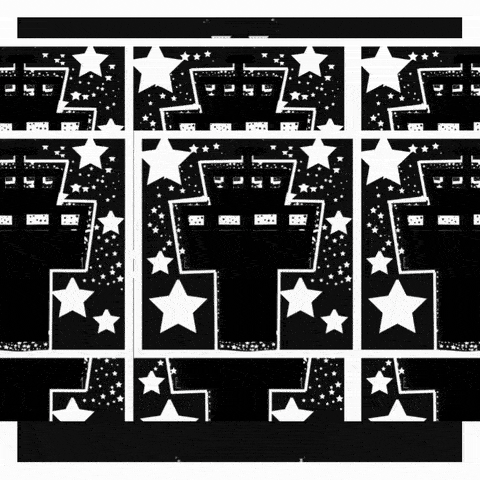Click here to flash read.
Polar codes have been selected as the channel coding scheme for control
channel in the fifth generation (5G) communication system thanks to their
capacity achieving characteristics. However, the traditional polar codes
support only codes constructed by binary (2x2) kernel which limits the code
lengths to powers of 2. Multi-kernel polar codes are proposed to achieve
flexible block length. In this paper, the first combinational decoder for
multi-kernel polar codes based on successive cancellation algorithm is
proposed. The proposed decoder can decode pure-binary and binary-ternary (3x3)
mixed polar codes. The architecture is rate-flexible with the capability of
online rate assignment and supports any kernel sequences. The FPGA
implementation results reveal that for a code of length N = 48, the coded
throughput of 812.1 Mbps can be achieved.



